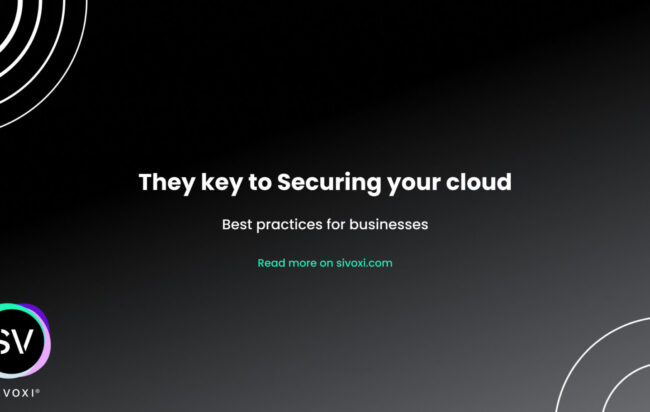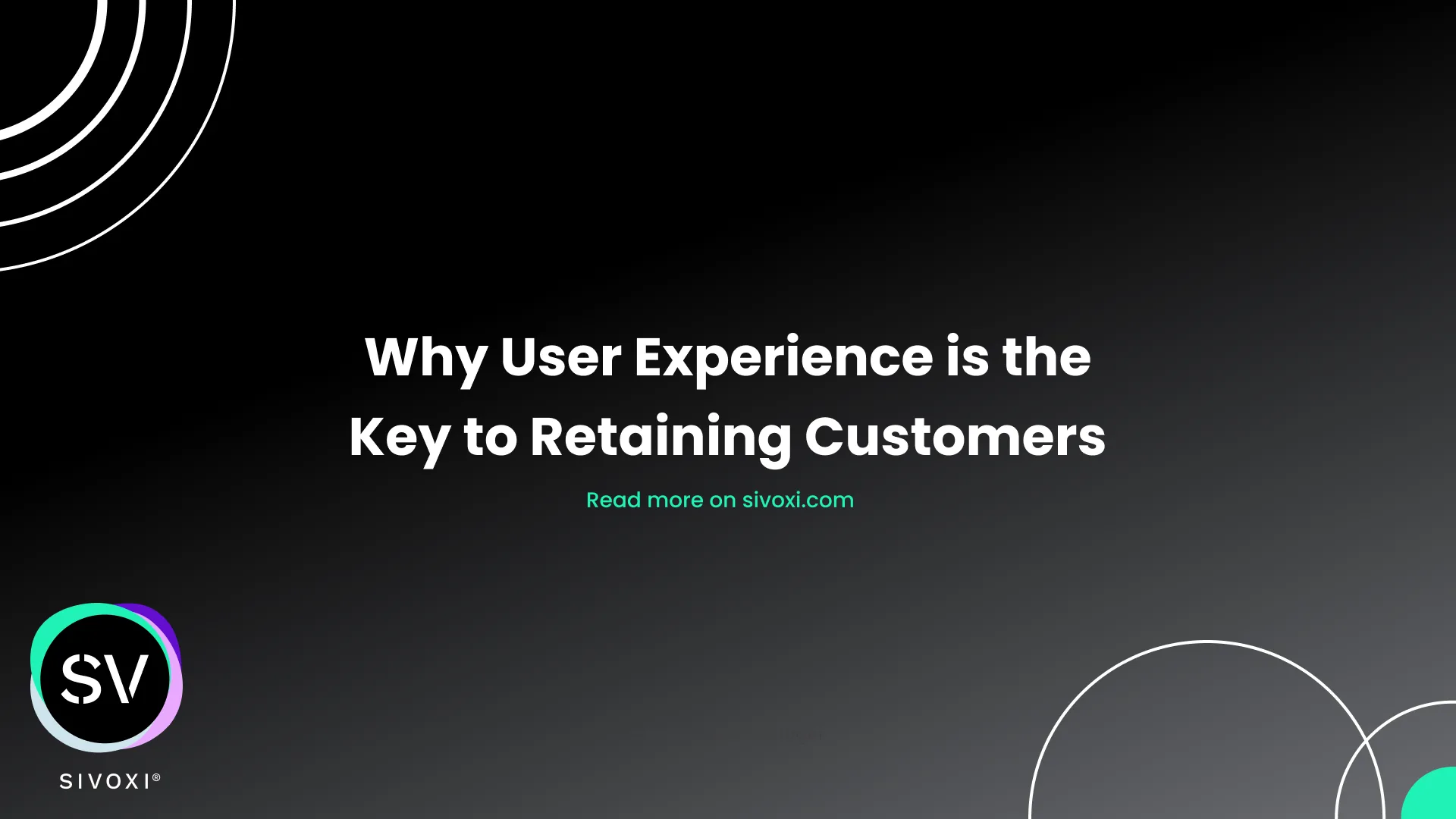Understanding Security in the Cloud:
Cloud computing offers numerous benefits, including scalability, flexibility, and cost-effectiveness. However, the shared responsibility model dictates that both cloud service providers and customers are responsible for ensuring the security of data and applications in the cloud. While cloud providers are responsible for securing the underlying infrastructure, customers are responsible for securing their data, applications, and access controls.
Here are some best practices for companies to enhance security in the cloud:
- Implement multi-factor authentication (MFA): Passwords alone are no longer sufficient to protect against unauthorized access. Implementing MFA adds an extra layer of security by requiring users to provide multiple forms of verification, such as a password and a one-time code sent to their mobile device, before accessing sensitive data or applications.
- Encrypt data at rest and in transit: Encrypting data both at rest and in transit helps protect against data breaches and unauthorized access. Utilize encryption technologies, such as SSL/TLS for data in transit and AES encryption for data at rest, to ensure that data remains secure throughout its lifecycle.
- Regularly update and patch systems: Cybercriminals often exploit vulnerabilities in outdated software and systems to gain unauthorized access. Regularly update and patch operating systems, applications, and firmware to address known security vulnerabilities and protect against potential exploits.
- Implement least privilege access controls: Limit user privileges to the minimum level necessary to perform their job functions. By implementing least-privilege access controls, companies can reduce the risk of insider threats and unauthorized access to sensitive data.
- Conduct regular security audits and assessments: Regularly audit and assess security controls, configurations, and policies to identify potential vulnerabilities and gaps in security posture. Conducting penetration testing, vulnerability assessments, and security audits helps companies proactively identify and address security risks before they can be exploited by cyber attackers.
- Educate employees on security awareness: Employees are often the weakest link in cybersecurity defences. Provide comprehensive security awareness training to employees to educate them about common threats, phishing scams, and best practices for safeguarding sensitive information. Encourage employees to report suspicious activities and adhere to security policies and procedures.
Securing data in the cloud requires a multi-faceted approach that combines technical controls, user awareness, and proactive monitoring. By implementing best practices, companies can protect against evolving cyber threats. At SIVOXI, we are committed to helping companies navigate the complexities of cloud security and safeguard their valuable assets in an increasingly digital world.
To learn how we may be able to help you, please send us an email to tech@sivoxi.com
Alternatively, give us a call at 060 803 9067











